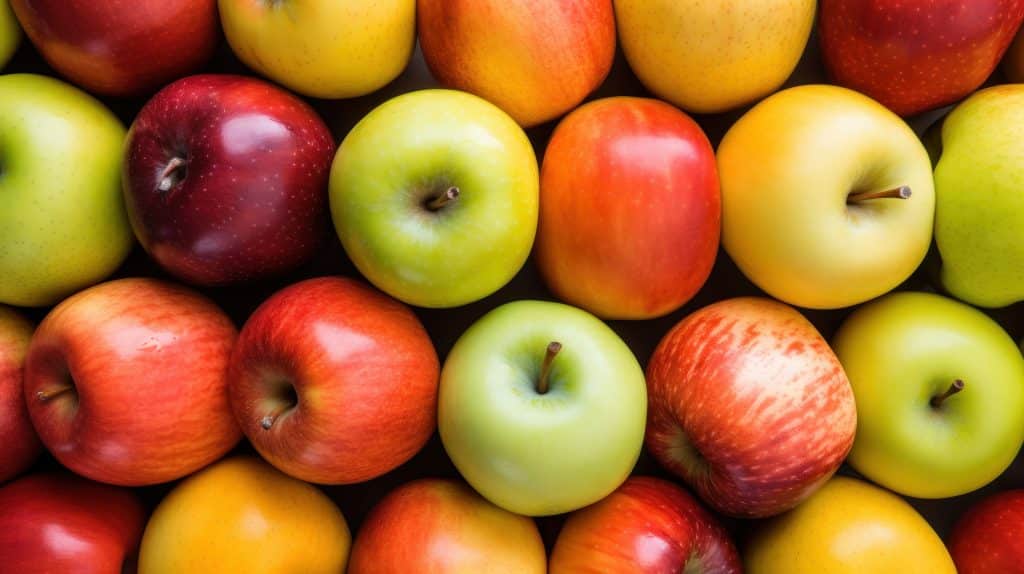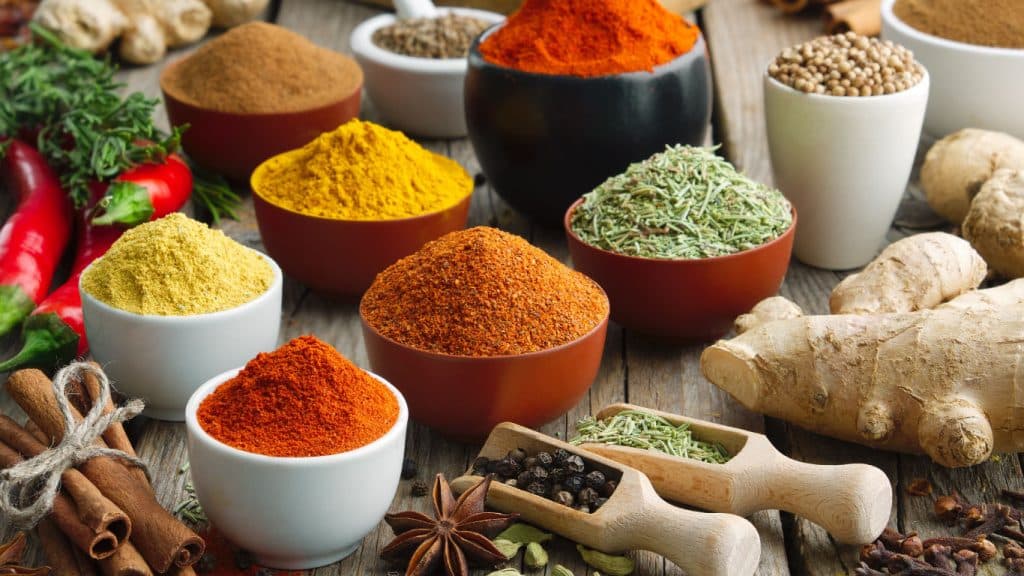Introduction
Apples are one of the most popular and widely available fruits in the world. But did you know they’re also packed with health benefits and have a long, fascinating history? Whether you’re snacking on a crisp apple or using it in a recipe, this fruit is not only tasty but also a powerhouse of nutrients. Let’s take a fun and informative look at apples, their history, health benefits, types, and some quick, easy recipes!
A Brief History of Apples
Apples have been around for thousands of years, and they originated in Central Asia. The ancient Romans and Greeks loved apples, and they eventually spread to Europe. In fact, the saying “an apple a day keeps the doctor away” has its roots in ancient wisdom!
When European settlers came to America, they brought apple seeds with them, and apples quickly became a staple in North American homes. Today, there are over 7,500 varieties of apples grown all over the world, with the U.S. and China being two of the largest producers.
Fun Apple Facts 🍏🍎
- Apple Trees Can Live for Over 100 Years: Some apple trees keep producing fruit for more than a century!
- Apples Float in Water: They are 25% air, which makes them buoyant.
- World’s Largest Apple: The heaviest apple ever recorded weighed a whopping 4 pounds!
- Apple Varieties: There are over 7,500 types of apples grown worldwide, with different flavors and uses.
Health Benefits of Apples
Apples aren’t just delicious—they’re incredibly nutritious too. As a dietitian, I love recommending apples because they support so many aspects of health. Here’s why:
- Rich in Fiber
One medium apple contains about 4 grams of fiber, which helps with digestion and keeps you feeling full longer. Fiber also supports heart health by lowering cholesterol.
- Packed with Vitamins and Minerals
Apples are a great source of vitamin C, which boosts the immune system and helps your body heal. They also contain potassium, an important mineral for heart health.
- Good for Your Gut
Apples contain pectin, a type of fiber that acts as a prebiotic. Prebiotics feed the good bacteria in your gut, helping digestion and improving overall gut health.
- May Lower Risk of Chronic Diseases
Research shows that apples can help reduce the risk of conditions like heart disease, diabetes, and certain types of cancer. The antioxidants in apples, like quercetin, help fight inflammation and protect cells from damage.
- Supports Weight Loss
Because they’re high in fiber and water, apples are a low-calorie snack that helps you feel full, making them a great option if you’re trying to maintain or lose weight.
Different Types of Apples
With so many varieties, each type of apple has a unique taste and texture. Here are a few of the most common ones:
- Granny Smith
These apples are bright green, tart, and crisp. They’re great for baking because they hold their shape well.
- Gala
A sweet and mild-flavored apple, Gala apples are often used for snacking or salads.
- Fuji
Fuji apples are known for their super-sweet taste and juicy texture. They’re great for eating fresh.
- Honeycrisp
These apples are crunchy and sweet with a perfect balance of sweetness and tartness, making them a favorite for both snacking and cooking.
- Red Delicious
This classic red apple is mild in flavor and often used in salads or eaten as a simple snack.
Quick and Easy Apple Recipes
Here are some fun ways to enjoy apples in your daily meals!
Apple Slices with Peanut Butter
For a simple, healthy snack, slice up an apple and spread some peanut butter on top. This snack is full of protein, healthy fats, and fiber!
Baked Cinnamon Apples
– Preheat your oven to 350°F.
– Core and slice 2 apples.
– Sprinkle with cinnamon and drizzle a bit of honey on them.
– Bake for 15 minutes until soft and fragrant.
These baked apples are like a warm, comforting dessert without any guilt!
Apple and Oats Breakfast
– Dice half an apple and mix it into your oatmeal.
– Add a sprinkle of cinnamon and a drizzle of honey for a quick and hearty breakfast that’s full of fiber and flavor.
Apples as Medicine
Apples are often considered a “food as medicine” because they help prevent and manage various health conditions. Here’s how apples can be part of your wellness routine:
Heart Health: The fiber and antioxidants in apples help lower cholesterol and reduce the risk of heart disease.
Blood Sugar Control: Apples have a low glycemic index, which means they help prevent blood sugar spikes and are a great choice for people with diabetes.
Immune Boosting: The vitamin C in apples strengthens your immune system, helping your body fight off infections.
Conclusion
Apples are much more than a simple fruit—they’re a delicious, nutritious, and versatile food that can be enjoyed in so many ways. With a rich history, countless varieties, and loads of health benefits, apples truly deserve their reputation as a food that can keep you healthy. Whether you’re snacking on them raw or cooking up a tasty apple recipe, you can feel good knowing that this fruit is doing great things for your body.
FAQs
- How many apples should I eat a day?
One to two apples a day is a healthy and balanced amount to add to your diet.
- Are apple peels good for you?
Yes! Apple peels are packed with fiber and antioxidants, so try to eat them with the skin on.
- Can apples help with digestion?
Absolutely. The fiber in apples helps keep your digestive system running smoothly.
- Which apples are best for baking?
Granny Smith and Honeycrisp apples are perfect for baking because they hold their shape well.
- What’s the best way to store apples?
Apples last longest when stored in the fridge, but they can also be kept at room temperature for a few days. Just make sure to keep them away from other fruits, as apples release a gas called ethylene, which can make other fruits ripen faster.



